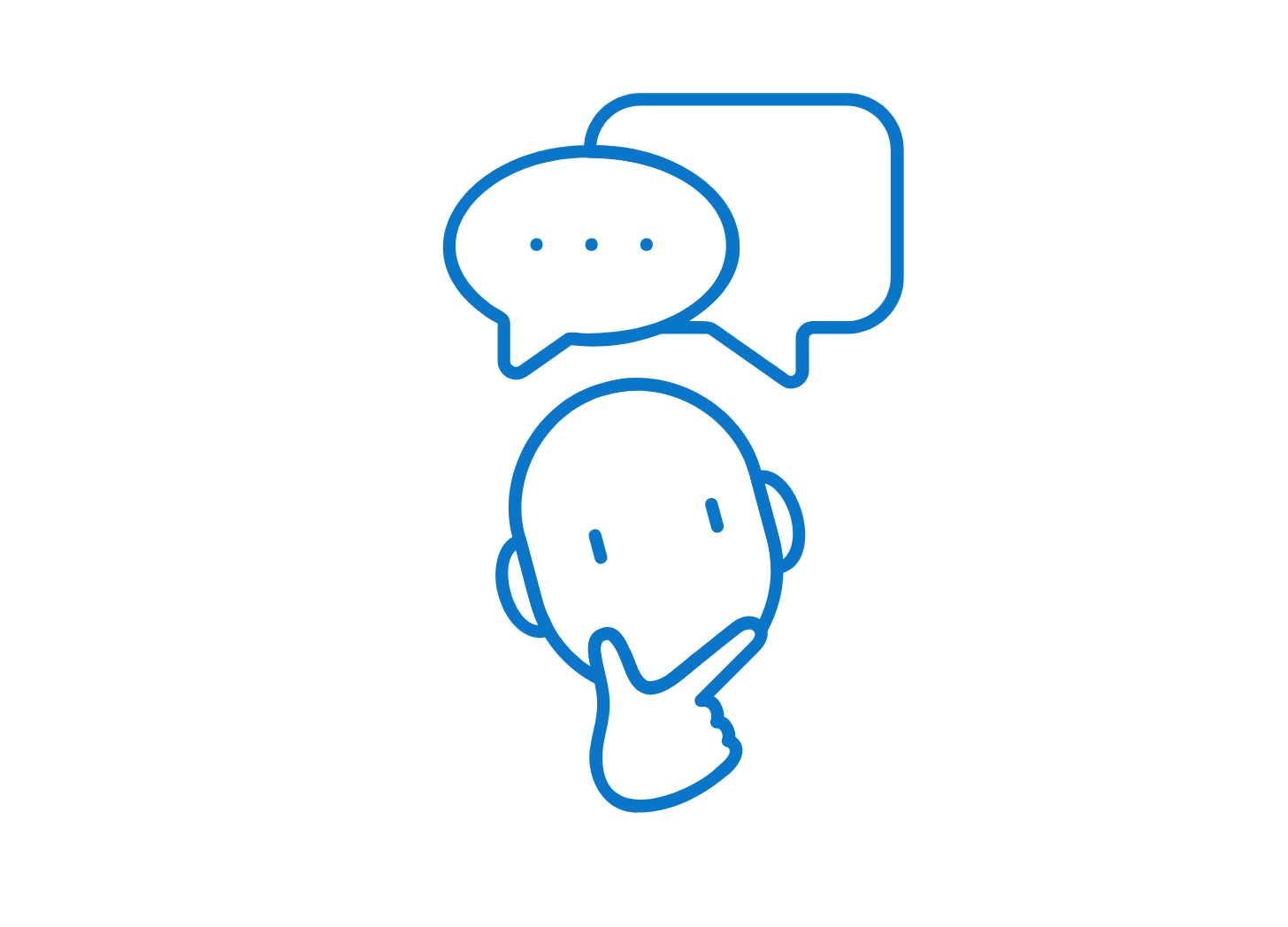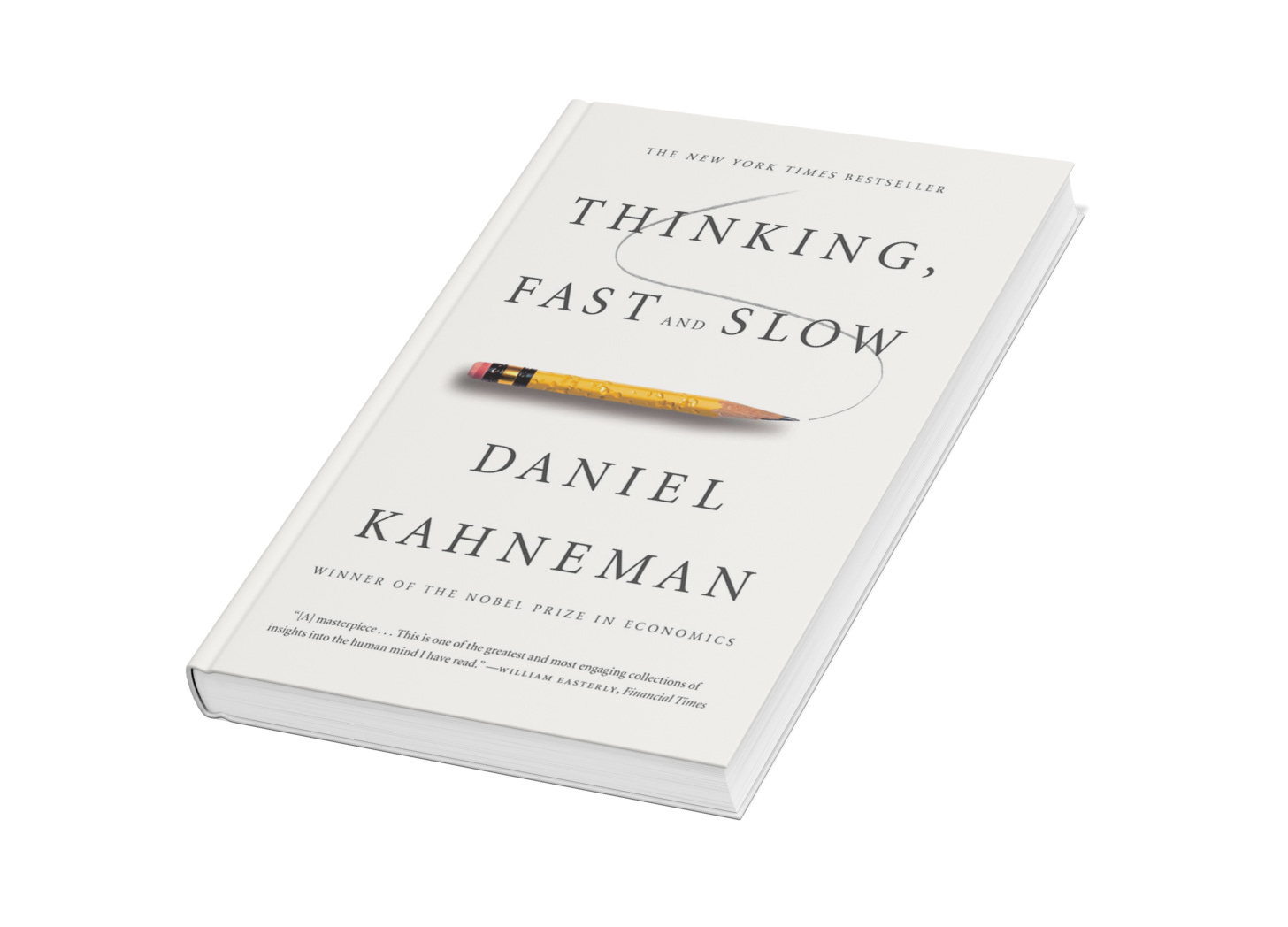Why Self-Reflection Beats Any Advice You’ll Ever Hear
A reflection from Thinking, Fast and Slow by Daniel Kahneman
Hej! It’s William!
This is part of the "Meller Highlights" series with reflections and learnings from my personal book highlights. As mentioned here, this series is now something I’m keeping special for the people who support this channel as paid subscribers.
If you’ve been following along and enjoying the ideas I share, I’d love to have you join them. Becoming a subscriber not only gives you full access, but it also helps me keep creating and going deeper with the work I do.
How do these highlights work? Every day I pick one idea from my reading and think about how to apply it in real life. Most stay as private notes, but once a week, I choose one that feels special.
That’s the one I share here, a highlight that turns into a deeper reflection on how it can change the way we do something.
Today’s highlight: Thinking, Fast and Slow by Daniel Kahneman
“You are more likely to learn something by finding surprises in your own behavior than by hearing surprising facts about people in general.”
Let’s reflect on that…
Keep reading with a 7-day free trial
Subscribe to Meller Notes to keep reading this post and get 7 days of free access to the full post archives.




